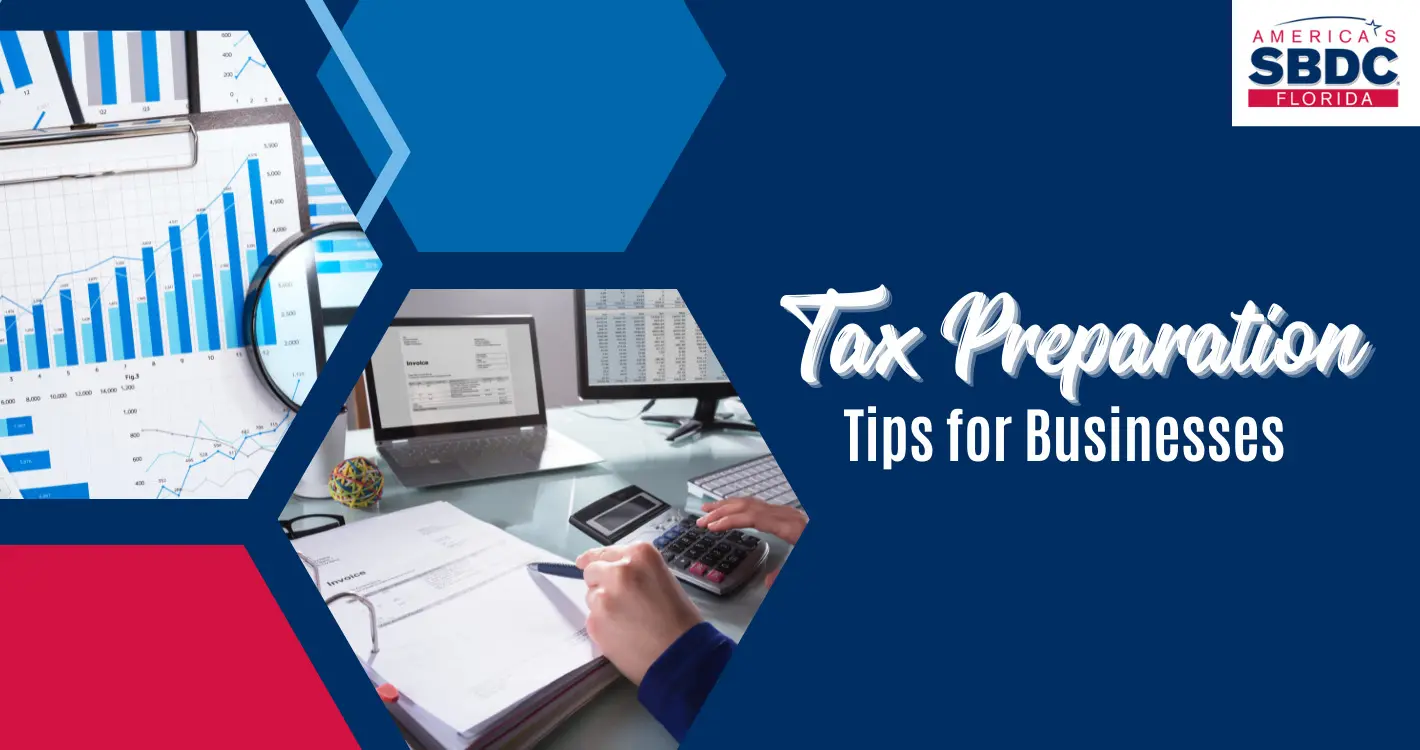Tax Preparation Tips for Businesses
by Simplice Essou, CPA | December 28, 2021
For most taxpayers the preparation of and filing for taxes can be a daunting task. However this can be mitigated by adequate preparation and yearlong bookkeeping and accounting. Do not wait until the end of the year to start working on the bookkeeping.
It is essential that management invests in a robust and reliable accounting system such as QuickBooks. It is also recommended financials to be prepared and reviewed at least quarterly so that issues can be researched and corrected as they arise.
Below are a few tips that could make your 2021 tax preparation and filing go smoother:
- Account for all revenue items either from sales, interest or investments.
- Receipts from sales of goods or services
- Returns and allowances
- Interests from saving accounts
- Accrual sales (Account receivables)
- Account for all Cost of Goods Sold (COGS).
The business’s COGS is the total amount paid for goods directly related to the sales of the products. This may include the finished products purchased for resale or the cost of raw materials and labor costs directly related to the production and sale of the products. It is also important to take an inventory at the end of the fiscal year as the beginning and ending inventory amount enters into the calculation of the Cost of Goods Sold.
- Account for all business expenses.
Expenses that are ordinary and necessary to produce income are fully deductible. The following list shows some of the most common expense items:
Advertising and marketing, utilities, lease expenses, office expenses, supplies, licenses, bank fees, credit card processing fees, interest expenses, payroll and payroll related expenses, internet expense, telephone expense, travel expenses, contract labor expense, depreciation, insurance expense, professional fees, home office, and health insurance.
- Know when your taxes are due.
Make sure you know when the taxes are due. For a C corporation, an S corporation or a, the due date is March 15. For a sole proprietorship or a one member LLC taxed as a sole proprietorship it is April 15. If the business needs more time, be sure to file an extension. If you have a tax payment that you cannot pay, contact the IRS to request an installment plan.
- Take advantage of COVID 19 Tax Credit.
During the last two years Congress has passed several relief bills targeting small businesses. These include: The Employee Retention Tax Credit, the Paid Leave Tax Credit, the Sick and Family Leave Credit, and the Paid Leave Credit for Vaccines.
Before the end of the year, it is a good practice to review your financial statements to assess the business’s financial health and if needed defer or accelerate income, make necessary purchases, claim bonus depreciation, establish a retirement plan, and more.
It is recommended you hire a tax professional to assist you in the preparation and filing of your taxes.
Author: Simplice Essou





